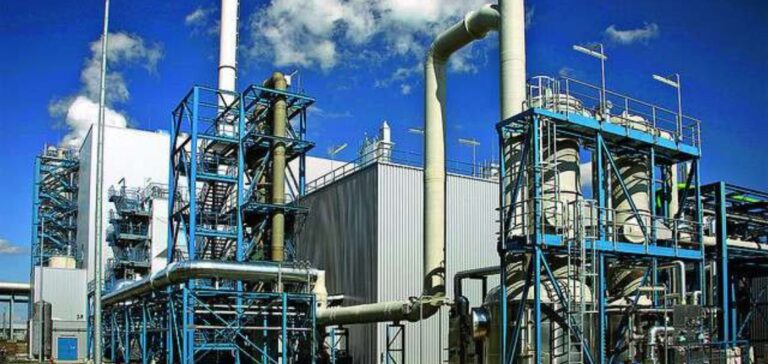BKV and ENGIE have signed an agreement for the supply of natural gas and certified carbon sequestration credits, heralding a new initiative in the energy sector.
Agreement for the supply of natural gas and certified carbon sequestration credits
BKV Corporation and ENGIE Energy Marketing NA, a subsidiary of energy company ENGIE, have announced the signing of a contract for the sale and purchase of natural gas and associated carbon sequestration credits, a new third-party measured and verified product for carbon sequestration. Under this arrangement, ENGIE will receive from BKV physical natural gas, as well as the same quantity in gas tokens representing the environmental characteristics associated with the production of responsibly sourced gas (RSG) and the capture of carbon dioxide from the gas composition, which BKV will inject into an authorized facility it owns.
The CO2 sequestration project underlying this transaction is BKV’s Barnett Zero project, located in Bridgeport, Texas. CO2 capture and sequestration will be certified by a third party. With first injection scheduled for December 2023, Barnett Zero is set to be one of the first purpose-built commercial permanent CO2 sequestration projects to enter service in the USA. BKV estimates that the project will achieve an average sequestration rate of up to approximately 210,000 metric tons of CO2 equivalent per year over the life of the project. Following the first injection at Barnett Zero and satisfaction of other prerequisites, delivery of Carbon Sequestrated Gas (CSG) is scheduled to begin in Q1 2024. Under the terms of the contract, BKV undertakes to deliver up to 10,000 MMBtu/day of independently certified CSG to ENGIE.
New Gas Product and Commitment to Energy Transition: Statements by Representatives of BKV and Engie Subsidiary
“We are delighted to be working with ENGIE to introduce a differentiated gas product to the energy industry,” said Chris Kalnin, CEO of BKV. “This collaboration is in line with our mission to contribute to a better world through our emissions reduction and energy impact goals. We believe that our Carbon Sequestrated Gas production can scale to meet future energy needs, and that this product will be synergistic with other sustainable energy approaches to help reduce greenhouse gas emissions.”
“ENGIE is proud to work with BKV in the development of innovative and differentiated gas products that are key to defining the role natural gas can play in the energy transition,” said Ken Robinson, President of ENGIE Energy Marketing NA. “This transaction illustrates ENGIE’s commitment to reducing greenhouse gas emissions and limiting the environmental impact of its activities.”
“Carbon Sequestrated Gas offers end-users the opportunity to purchase natural gas that is measured and verified, certified and registered using blockchain technology. We believe this level of transparency and trust is essential for the energy transition,” said Kalnin.
Why does it matter?
From business to finance to the energy market, this collaboration between BKV Corporation and ENGIE Energy Marketing NA, Inc marks a significant step forward in the fight against climate change. It paves the way for differentiated, measured and verified gas products for carbon sequestration, strengthening transparency and confidence in the energy sector. By committing to reducing greenhouse gas emissions and promoting more sustainable practices, this collaboration is helping to shape a cleaner, more responsible energy future.






















